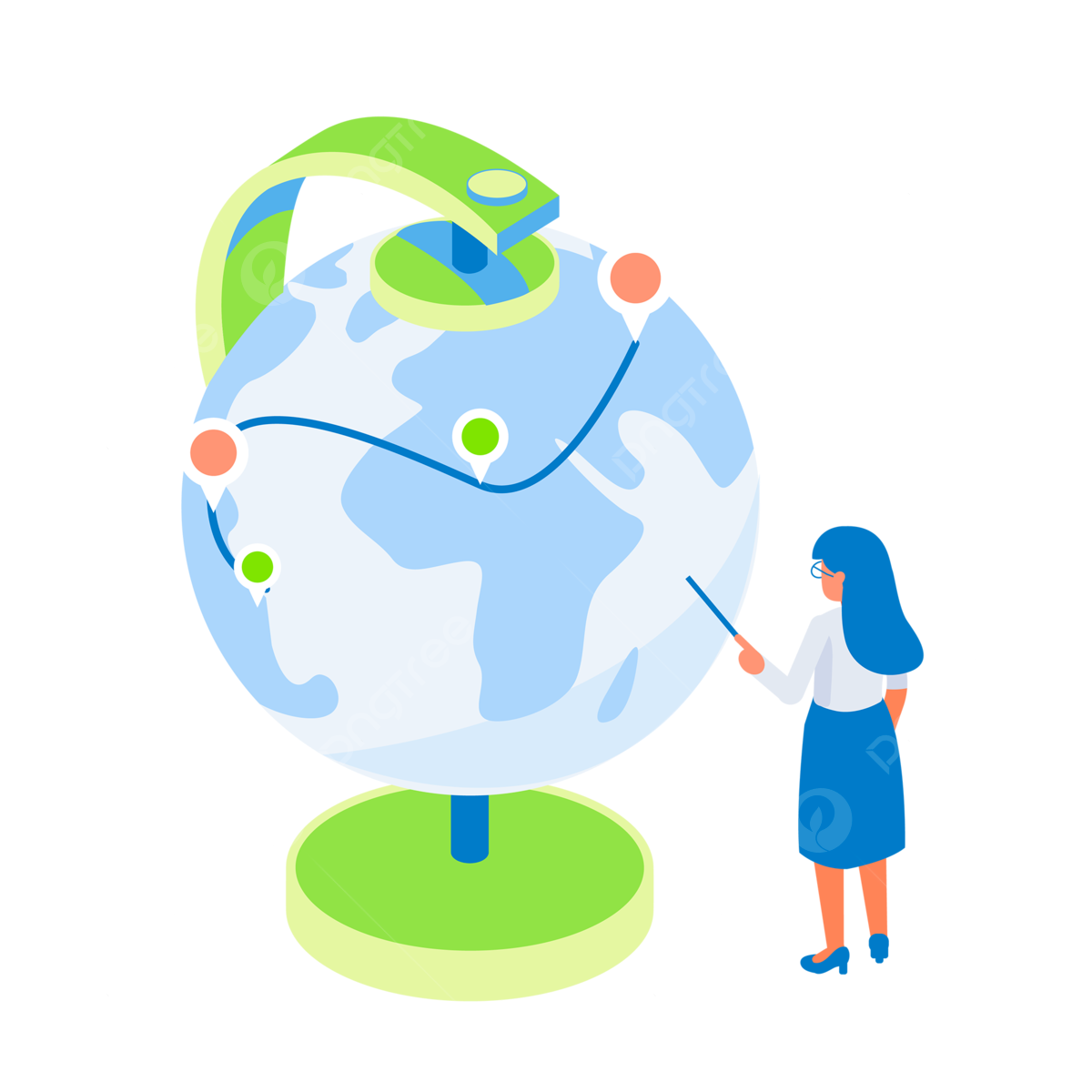エッセイ05
The benefits and drawbacks of globalization on developing countries
The world economy has been developing as humanity explores new world to find resources and expands its territory to meet the growing demands of increasing population. Globalization started in the 15th century during the Age of Exploration, European nations such as England, Netherlands, Spain and Portugal traveled extensively to Africa, Asia and America, conquering the regions to establish trade routes, bringing gold, silver, spices and salt back to their countries. They also brought people from Africa as slaves.
Today’s developed countries haven’t changed the ways they behave just as former countries that had once colonized the regions, and the colonized regions became today’s developing countries. Unlike back then, the governing system of each developing country is well established and has become more sophisticated. Each individual nation can equally deal with other nations in diplomatic relations or trade deals. The global economy lets these developing countries take part in global businesses. Developing nations can bring investments to their countries, improving infrastructures such as sea and air ports, building new bridges, and constructing highways and railways.
While globalization has brought significant benefits to developing countries, there are drawbacks to this, which are not fair. There are many cases that have been reported that companies from developed nations are exploiting local people in producing their products. This is nothing but another form of slavery. The local people are often paid poultry amount of wages. Human rights are disrespected and their lives are lightly treated by companies from developed nations.
In order to rectify this unfair treatment, NPOs such as Human Amnesty have started to check the working conditions of the local, and how much they get paid, making sure that they are not underpaid. We consumers should not be ignorant of this unfair treatment practiced by companies in developed countries. Instead, we should know where and how the products we buy and use are produced. Then we will be able to judge companies. Share holders of such companies should bring the issues on the table in stock holders’ meetings.
Humans are equally made by God. Therefore, human rights shouldn’t be taken lightly because of our economic status or our birth places. When we start having haughty minds that we are over some people or nations, everything will be messed up.
The world economy has been developing as humanity explores new world to find resources and expands its territory to meet the growing demands of increasing population. Globalization started in the 15th century during the Age of Exploration, European nations such as England, Netherlands, Spain and Portugal traveled extensively to Africa, Asia and America, conquering the regions to establish trade routes, bringing gold, silver, spices and salt back to their countries. They also brought people from Africa as slaves.
Today’s developed countries haven’t changed the ways they behave just as former countries that had once colonized the regions, and the colonized regions became today’s developing countries. Unlike back then, the governing system of each developing country is well established and has become more sophisticated. Each individual nation can equally deal with other nations in diplomatic relations or trade deals. The global economy lets these developing countries take part in global businesses. Developing nations can bring investments to their countries, improving infrastructures such as sea and air ports, building new bridges, and constructing highways and railways.
While globalization has brought significant benefits to developing countries, there are drawbacks to this, which are not fair. There are many cases that have been reported that companies from developed nations are exploiting local people in producing their products. This is nothing but another form of slavery. The local people are often paid poultry amount of wages. Human rights are disrespected and their lives are lightly treated by companies from developed nations.
In order to rectify this unfair treatment, NPOs such as Human Amnesty have started to check the working conditions of the local, and how much they get paid, making sure that they are not underpaid. We consumers should not be ignorant of this unfair treatment practiced by companies in developed countries. Instead, we should know where and how the products we buy and use are produced. Then we will be able to judge companies. Share holders of such companies should bring the issues on the table in stock holders’ meetings.
Humans are equally made by God. Therefore, human rights shouldn’t be taken lightly because of our economic status or our birth places. When we start having haughty minds that we are over some people or nations, everything will be messed up.



